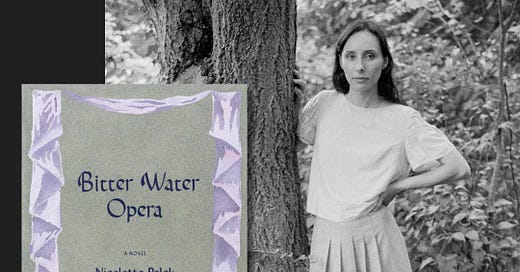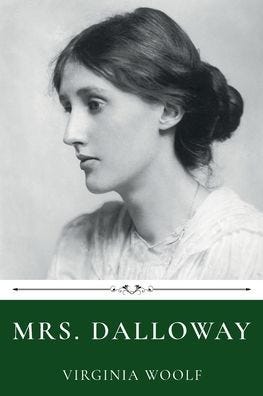A powerful narrative voice makes for powerful fiction and the talent to weave descriptive prose and thought into meaning is exceptional. Admirable. When the words and observations, and character, resonate for the reader, all the better. To a point. My objection to the post-post modern adaptation of stream of consciousness, as I’ve noted in a recent review of two fine Booker finalists, is too much emphasis on thought at the expense of story. What some call navel-gazing [perfect image] or I’ve recently dubbed therapy fiction.
Not new, of course. Virginia Woolf told her stories by weaving together human interaction with personal reflection. The beat generation of writers turned on the road tales into fine art. Marcel Proust, perhaps the master [although some might suggest James Joyce for that title] made it possible for us to see what he saw, taste and smell and feel with him, which, eventually, manifested into story.
Note: they call it storytelling for a reason.
In my constant quest for original and interesting fiction, and despite an embarrassingly tall TBR backlist pile, I recently grabbed a copy of BITTER WATER OPERA [great title] the second novel from Nicolette Polek, recommended by another lit blogger who also scopes out less commercial fiction. Written in short-short chapters, vogue these days, perhaps to better align with our increasingly abbreviated attention spans. Not as short as a text, rather like social media threads or AI summaries. Here’s what’s happening in this moment, so to speak.
The verdict: gorgeous narrative. Short and smart. Thoughtful. Metaphorical.
A simple, you might say skimpy plot line. A woman finds herself in Death Valley after losing her way and losing her latest love. Struggling with choices and yearnings. Years before, in the late 60s, a real-life dancer, Marta Beckett, also found herself there and established an artistic way of life, until her death at 92. Seems her spirit has called the narrator there and hovers over her, serving as both anchor and inspiration.
Those of us who live largely solitary lives, and too often in our own heads, will relate to the protagonist as she questions her own existence as well as the spiritual. Polek, I’ve discovered, studied at the Yale School of Divinity, so she deliberates with authority. Decidedly marginalia worthy.
I was reminded some of Sigrid Nunez’ gorgeous award-winning novel, THE FRIEND. The film, just out, btw, is charming, although a Hollywood translation. [In that story, a grieving woman finds an anchor in a grieving dog but the novel delved more beautifully into the interior struggle.] In Polek’s novel, the mystical dancer saves the narrator from loneliness by providing counterpoint to her inner conflict. Less allegory than the subtle voice we all often need to avoid descending into despair.
There is also especially beautiful writing about the stark, often mysterious landscape, desert gardens, the animation in trees and local fauna. The grounding to be found in the earthly. Polek may occasionally stretch her metaphor, but she speaks profound truths, the truths we might especially need right now as the socio-political culture spirals into isolationism.
Do I recommend the novel? Yes, readers who appreciate the journey to higher consciousness and are comfortable with a degree of literary abstraction. BITTER WATER OPERA is another in a long line of novels about the human journey, at the heart of all good fiction, I believe. However, if you seek high plot or escapism, not for you, not now, but keep it in mind on your own pile for future reading.
Cheers.






Bitter Water Opera’s been on my TBR list!